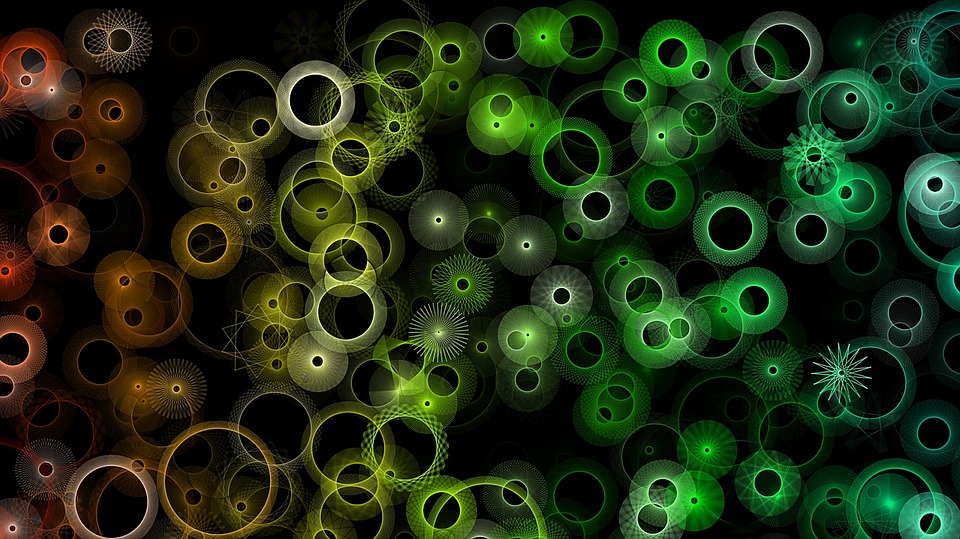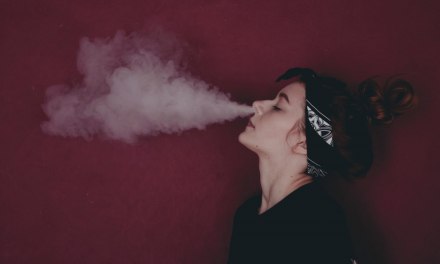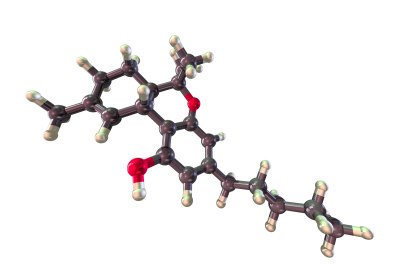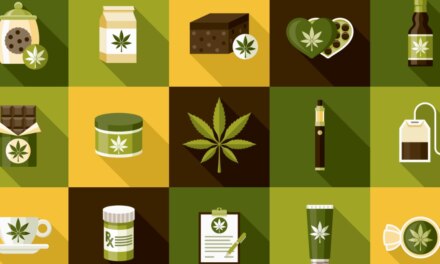An earlier piece in The Guardian investigated “ayahuasca tourism”as something undertaken in pursuit of spiritual growth and personal self-awareness. Now a more recent New York Times article investigates the plantbased brew’s potential as a treatment for depression, PTSD, and other common mental health disorders — in this case, with military veterans.
By the way, experiential psychedelic ‘retreats’ have become a genuine growth industry in parts of Latin America, where hallucinogen use is either legal or at least ‘close enough’.
By now, everyone acknowledges that war can damage soldiers emotionally and psychologically as well as physically. Sometimes it’s to an extent that is truly crippling. Treatments are available, but they’re not universally effective. As in the early years of the AIDS epidemic, this contributes to a sense of desperation among those who suffer — leading to a quest for relief that can include taking unusual risks.
Here’s the NYT article I mentioned:
‘A Hail Mary’: Psychedelic Therapy Draws Veterans to Jungle Retreats
This particular group of veterans included two who had once been explicitly anti-drug, but found themselves making an exception for ayahuasca. It’s interesting that both shied away from conventional antidepressants. One cited concerns about side effects experienced by other soldiers. Another seemed suspicious of modern medicine in general.
I’m not sure what lay at the root of their anxiety. Personally, I’d be more worried about ingesting in a far-distant land under the supervision of native healers than I would about being prescribed an FDA-approved SSRI. Maybe that’s where the desperation factor comes in.
It’s clear that ritual plays a key role. Perhaps the more exotic the atmosphere, the more dramatic the impact.
Still, the question remains: is it ayahuasca that produces the desired outcomes? And if so, how?
Plenty of testimonials, of course, but in science, testimonials are not considered useful evidence. They’re too vulnerable to confirmation bias.
Think about it. If you’d paid thousands of dollars and traveled to a foreign country for a last-ditch, Hail Mary-type grab at lasting relief, wouldn’t you really, really want it to succeed?
Of course you would. That makes you strongly biased in favor of a positive outcome. The surprise would come if after all that effort, you decided it hadn’t been worth it.
Which makes me curious: how important is the brewed ayahuasca itself? We know where its psychoactive effects come from: DMT, a short-acting hallucinogen known for rapid onset and intense impact. that has long been available on the streets of many American cities. Natural MAO inhibitors found in the brew may also play a role in increasing its psychoactivity.
Would a dose of pharmaceutical DMT also produce the desired effects, without the ceremony? I have to wonder. Maybe there’s an element of hypnosis involved– defined by Wikipedia as “an artificially induced altered state of consciousness, characterized by heightened suggestibility and receptivity to direction.” If so, that would suggest the drug is only part of the experience. Set and setting could actually be more important.
I’ve heard it said, including by enthusiastic researchers, that psychedelics could become a whole new field within mainstream medicine. I’m guessing they won’t, but may well join the category known as “alternative healing”. There’s always a demand there.
As for its role in therapy: “I wouldn’t actively discourage a client from trying it,” admitted one therapist. “However, I doubt I’d suggest it, either.”
A reasonable compromise, until more is known.













